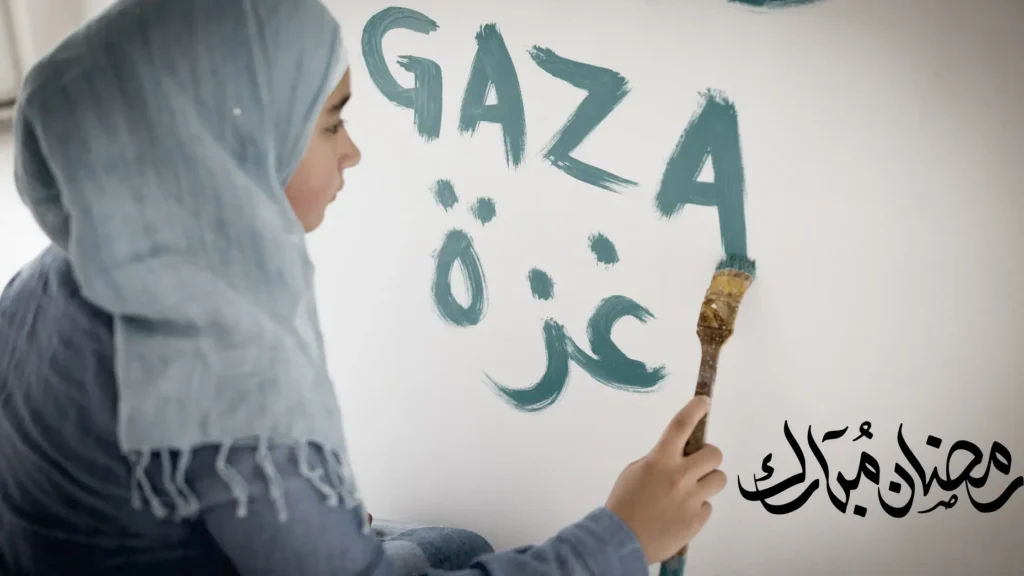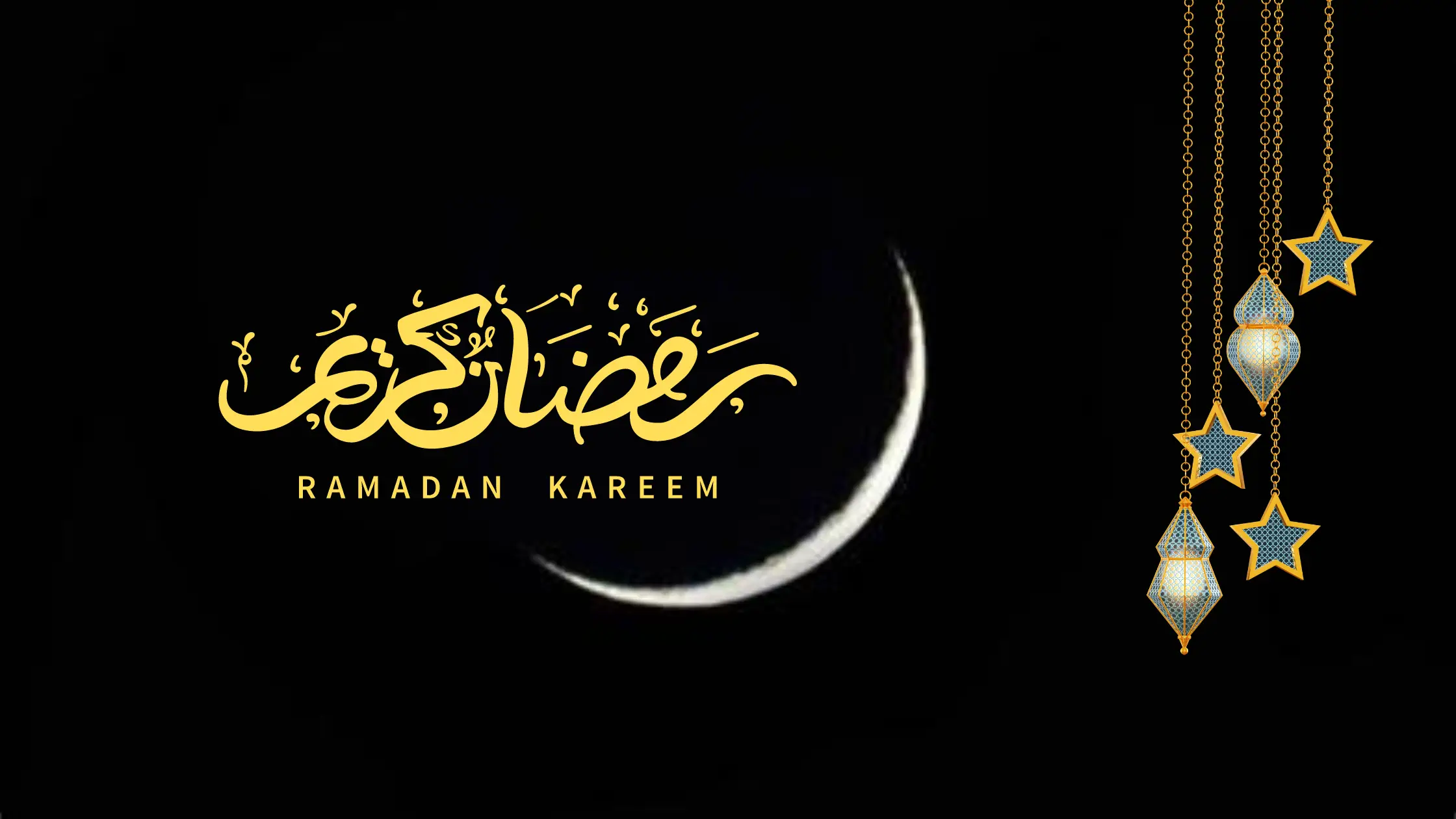The crescent moon was seen by Saudi officials, who then announced Ramadan, the holy month of fasting for many of the world’s 1.8 billion Muslims.
Saudi state TV said that the leaders saw the moon on Sunday night. Monday was the first day of the month-long fasting period.
This month, Muslims fast from sunrise to sunset to think more seriously about their faith and get together with their families. A lot of people will miss the holiday this year because of Israel’s war on Gaza.
Sunni-majority Saudi Arabia announced that they had seen the moon. Soon after, many Gulf Arab countries, including Iraq, Syria, and Egypt, confirmed they would begin fasting on Monday.
On the other hand, Australia, Brunei, Indonesia, Malaysia, and Singapore said they would start Ramadan on Tuesday even though they couldn’t see the full moon.
On the easternmost tip of the Arabian Peninsula, Oman said that Ramadan would start on Tuesday. Tuesday is also the first day of Ramadan in Jordan.

An old lunar date is used for Ramadan. The ways that different countries find the moon are often different, which means that some countries call the first day of the month earlier or later.
In comments made after the announcement of Ramadan, Saudi King Salman made direct references to the war in Gaza.
“It hurts us that Ramadan falls on a Friday this year, because our brothers in Palestine are being attacked. We urge the rest of the world to step up and stop these horrible crimes, as well as make sure there are safe passages for aid and humanitarian workers,” the king said.
People in Saudi Arabia were told to keep an eye on the sky starting Sunday night so they would be ready to see the crescent moon.
In Iran, which sees itself as the leader of Shia Muslims around the world, Ramadan starts a day after it does for Sunnis. The office of Iran’s Supreme Leader, Ayatollah Ali Khamenei, told the state-run IRNA news service that Ramadan will start on Tuesday.
Followers of Islam eat a meal before dawn, called “suhoor,” to keep them going during the day. Later, they break their fast with “iftar,” which is usually a big meal.
Muslims try to stay out of fights and do good things during this month. But for many Muslims, Israel’s war on the Gaza Strip is a big deal. There were hopes that Israel and the Palestinian group Hamas could agree to stop fighting before Ramadan started.
Palestinian health officials in the confined area say that the Israeli attack on Gaza has killed more than 31,000 people. Aid groups have warned that a famine is coming to parts of the Gaza Strip.
A dentist named Hassuna Tabib Hassnan was forced to leave Gaza City in the north of the besieged Gaza Strip. She told the AFP news agency, “We had hoped that for Ramadan [we] would be in our homes, but unfortunately it is clear that we will live in displacement, pain, and oppression.”
Also, Israeli rules that make it hard for Muslims to pray at the Al-Aqsa Mosque in Jerusalem, which is the third holiest place in Islam, may make things worse in the area.



